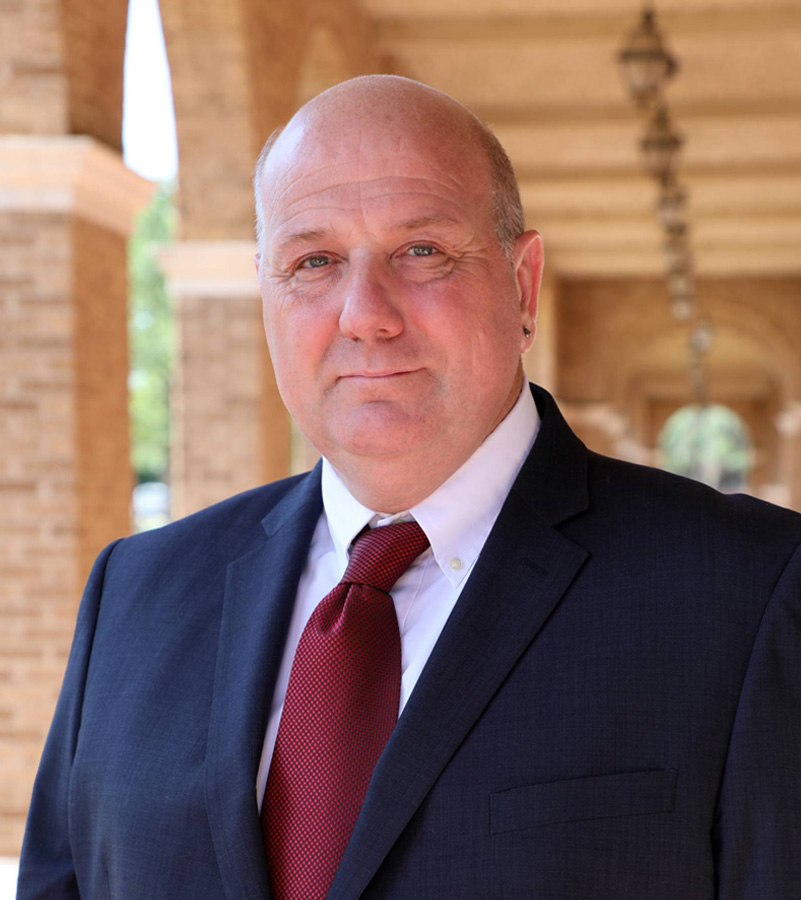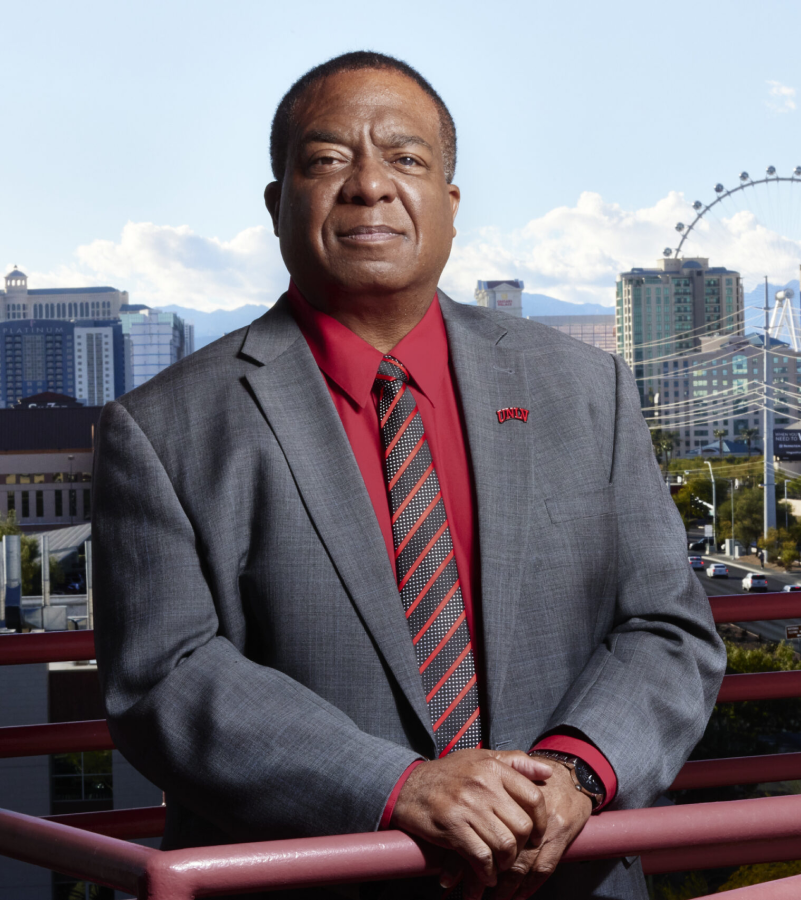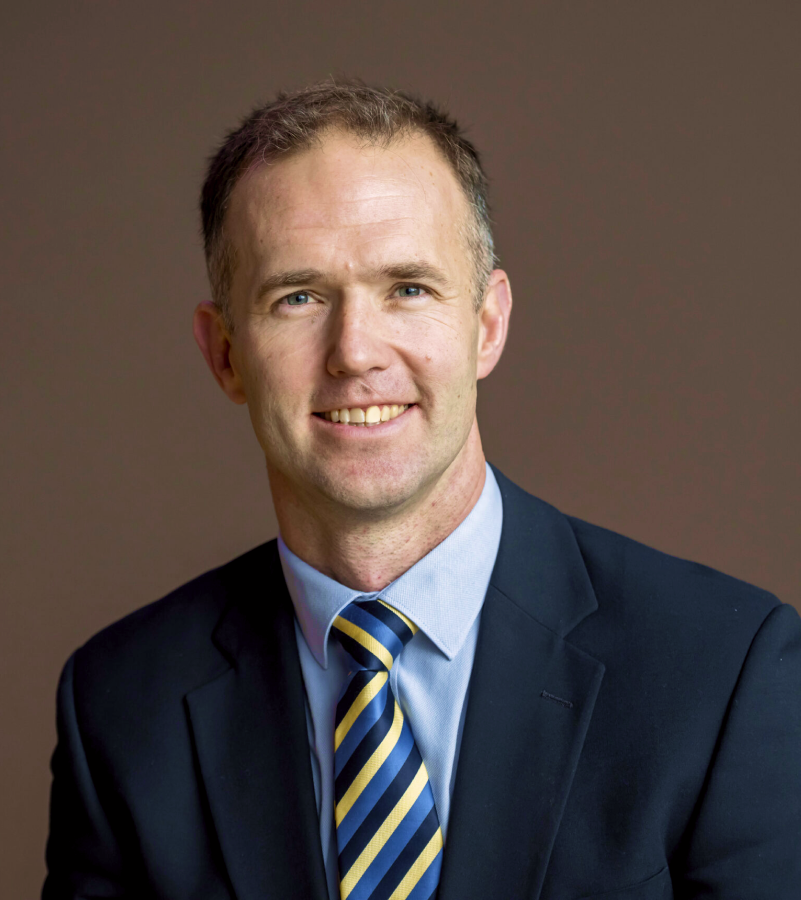"We had the largest spring class on record and a record-breaking class of freshmen.”
We understand that the institution has more than 100 years of history. Could you please give us a brief introduction as it stands today?
The institution is literally 101 years old, and the college is 99 years old. So, we had our centennial last year, and we will have the centennial of the college next year. So, the college is one of the founding colleges of Texas Tech University.
Texas Tech University is in Western Texas and Lubbock. It’s a member of the Texas Tech University system, which is one of the seven public university systems in the State of Texas. However, we have a few sister universities in our system. The College of Engineering is one of the large colleges within the university. The university has about 42,000 students overall. The college has about 6,300 students, about 4,800 undergraduates and about 1,500 graduate students.
Our college has seven departments, representing most of the typical engineering disciplines. We are working on adding a few more new majors in the next few years.
What would you say have been the keys to the success of the college?
The tagline of the university is “From Here, It’s Possible,” and that is really kind of rooted in the region but has an outlook nationally and globally. That is really what it’s all about. We really pride ourselves in industry or job-ready graduates. So if our graduates go out into the workplace, they shouldn’t need much additional training; they really can start working right away.
We have very good working relationships with the local and regional industry. Our faculty is very engaged. They take teaching and research seriously. The number of PhD students is growing, as is the number of master’s students. The number of our undergraduate students is growing slowly.
You were saying you are very holistic in the sense that you have many different programs, such as chemical engineering, construction engineering, computer science and systems, and mechanical and petroleum engineering, which might be different from others. Will you tell us a little bit more about the different programs that students can choose from?
As I said, we have seven departments. As you just mentioned, there is petroleum engineering. It’s probably our highest-ranked department, comparatively small because petroleum engineering is currently not a really huge major. However, they are actually working a lot, not only on the drilling side but also, these days, on the carbon cap side.
Then, our largest undergraduate major is mechanical engineering. Mechanical engineering has been our largest major for many years, particularly on the undergraduate side, where we have a strong focus. They are growing focus in the aerospace engineering area. We have a new minor in aerospace engineering, and also a new minor in robotics.
We have a department of chemical engineering and a department of civil, environmental and construction engineering. So that department has three majors, where environmental engineering is essentially a 4+1, the bachelor’s master’s program.
We have a computer science department, which is our fastest-growing department. It’s the largest department on the graduate side and will soon be the largest undergrad in our department. They are still a little bit smaller than mechanical engineering, but their trajectory is much more steep.
Of course, we have a big focus on data science, AI as well as cyber security. We have the Department of Industrial and Systems Engineering. We have a Department of Computer Engineering. Computer engineering is more on the hardware side, whereas computer science is more on the software side. Again, that department is very strong in the area of telecommunications, pulse power and nanotechnology.
Do I have all seven?
I believe so. Maybe systems engineering and industrial manufacturing.
I mentioned industrial and systems. Yes, we have them. They do a lot of operations research and 3D printing. Again, that is one of our smaller majors, but very strong.
Understood. And is there anything at this time that you might want to highlight? You mentioned a few things like AI and cybersecurity.
We have two new minors: an aerospace minor and a robotics minor. So, everybody in college can take these minors.
If you think about it from a holistic standpoint, energy in all its facets is really a focus of the college. On the one hand, the generation is both on the petroleum side, but we also have the National Wind Institute here in Lubbock. So, we have traditional as well as alternative energy sources. Then, we also go into pulse power, which is kind of really high energy usage. So, energy in all its forms.
Of course, water is always a big topic. We have the Water Resource Center, which is also run by Shane Walker, a civil engineering faculty member.
Fantastic. Besides teaching, research is also very important for you. Could you perhaps tell me a little bit about what lines of research you are following at the moment?
Our main research areas are energy, pulse power, the National Wind Institute and nanotechnology. We are getting more and more into the bio area. We have a master’s program together with the medical school where students can get an MD and a master’s in bioengineering at the same time.
So we have a lot. We also have a very strong area in computational research, covering all areas, from molecular modeling to large-scale modeling of energy grids.
For a college that is so in touch with the new industrial revolution, one of the most important facts is to have a staff committed to teaching the latest trends to the students. Could you update us a little on the staff, your professors and the team?
Yes, of course. We have professors in all areas of modern research. We have relatively young professors. So, a lot of them are really running smaller research groups but are very young professors. We are very engaged in working across all fields and very collaborative, going really across the traditional boundaries.
With a number of centers, we also collaborate not only within the college but also across other colleges. For example, in biology and chemistry, we work together with the industry. We are strengthening our connections to the national lab system. In particular, we have a very good connection to the military and to all areas of national security. The university just actually chose one of our faculty to become the first, I don’t know the official title, I have to look it up, but he’s essentially an associate vice chancellor on the level of the system for interaction with the military and to national security.
And what would you say are the competitive strengths of the college?
The college’s competitive strength is that, as I said before, if people graduate from us, they are ready to work or go to graduate school. They are really ready. Also, although we are relatively large, we are still nimble. We are really flexible in collaborations. We have a very collaborative spirit. People are willing to really put the work in and come up with really great ideas. Think about both regional problems like water and energy and the interface between rural and urban areas as well as kind of national priorities. We have to feed a growing world. We have to generate the energy sustainably of a growing world.
I would like to ask you about the facilities as well. Obviously, to deliver this type of education, you need state-of-the-art facilities and technology. Could you tell me a bit more about the campus as well?
The campus is actually quite one of the largest campuses. We have a large number of buildings. Comparatively, we have about as many buildings as we have departments. They are all relatively close to each other, which makes working across colleges very easy. What you see behind me is the engineering part of the college. So it’s what we call the engineering key, which is the central grassland and, then in a U shape, there all the buildings around it.
Then, we have an area which is called Reese, which used to be a former military installation about 10 miles out. There are a number of more specialized facilities out there. For example, the National Wind Institute is a big facility there. The National Wind Institute is one of our central facilities. We also have a water research center.
We have a pulse power, which is a very strong area. We have a nanotechnology center. We have a number of really also high-level demonstration facilities for both teaching and research. We have an oil field technology center off campus so that our petroleum engineering students really cannot only theoretically see it, but there are really oil rigs out there where they can work hands-on. We have a quite large facility for chemical engineering with separations. So we have very good connections to our alumni so that we keep on top of what industry is doing.
And, Roland, what will be the main message that you would like to send across with this feature?
The main message is that we are in West Texas but our outlook is way further than West Texas. We are a national player rooted in our region.
Understood. And is there anything that I haven’t asked you about that you would like to mention?
I also want to mention that our non-academic staff and advisors are all very strong. We also take the students seriously. We have student success specialists. If students have a problem on their mental health side or with food insecurity, we help them. We take care of the whole student, not only the studying part.
And are you also looking to further develop partnerships with the industry and companies?
Almost all of our students do internships. We have a lot of companies coming in that really hire our students. Also for internships, we have a longstanding international component we call our global experience. We are strongly encouraging our students to go abroad to really give them a broader outlook. As I said, we take the regional roots seriously, but we don’t have a regionally limited outlook. We have a global outlook.
What’s your vision for the college in the next three to five years?
We are growing in quality. We are not growing in quantity a lot. We will expect to grow slowly, but we are improving our quality by hiring the best people we can get. We get the best students and train them. We are at the moment in our strategic planning and are really focusing on energy, national security, bio and other areas. So we are really here to solve the challenges of the region, the nation and the world.



















